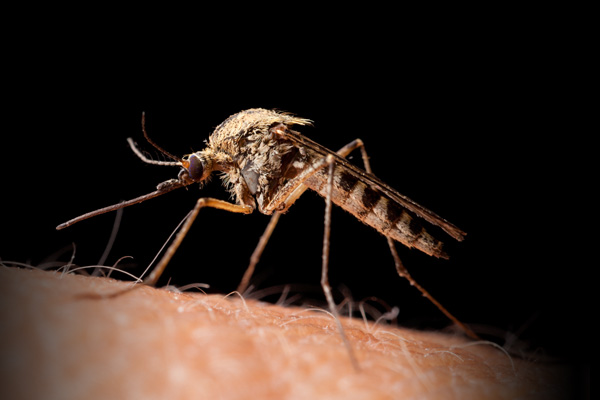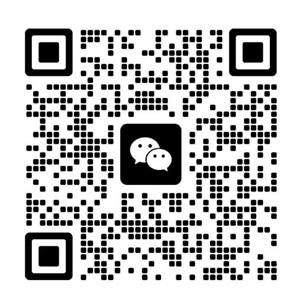The genus Culex refers to the subfamily Culex in the mosquito family, commonly known as Culex mosquitoes. There is a significant change in body shape and color, with well-developed claw pads at the ends of the claws; Females have sinus armor, while males have a spiky crown on the anal side; There are 3-7 pairs of respiratory tube hairs 1-S in larvae, arranged in a row on the ventral side, or 14 plants of 7N14 arranged in a zigzag row on the ventral side; 2-S only pairs, born in the dorsal end position.

The genus Culex is distributed worldwide, with 769 recorded species worldwide, 83 known species in China, and 11 species (subspecies) in the Qinling region.
Larvae breed in ponds, swamps, rice fields, reservoirs, ditches, dams, spring wells, stone caves, hoof prints, tree trunks, bamboo tubes, leaf axils, as well as various barnacles or temporary stagnant water. Mostly omnivorous, with a few preying on weak meat. Adult mosquitoes can be relatively divided into two categories based on their habitat: domestic and wild. Only female mosquitoes suck blood, a few prefer human blood, most prefer to suck the blood of wild birds, animals, domesticated livestock, and even cold-blooded animals such as snakes, lizards, and frogs, and a considerable portion also suck nectar or plant sap.
Some species of the Culex genus are known to be important vectors for the transmission of Japanese encephalitis and filarial pathogens. Dengue fever, as well as viruses such as Chichungunya, Bakau, KetapalL Behrn, have been isolated from certain species in Southeast Asia. There is also some evidence that certain species can transmit bird malaria, monkey malaria, etc; Some species, although not consuming human blood, carry certain risks when spreading diseases in wild animals or as natural carriers and potential hosts of certain human diseases.















